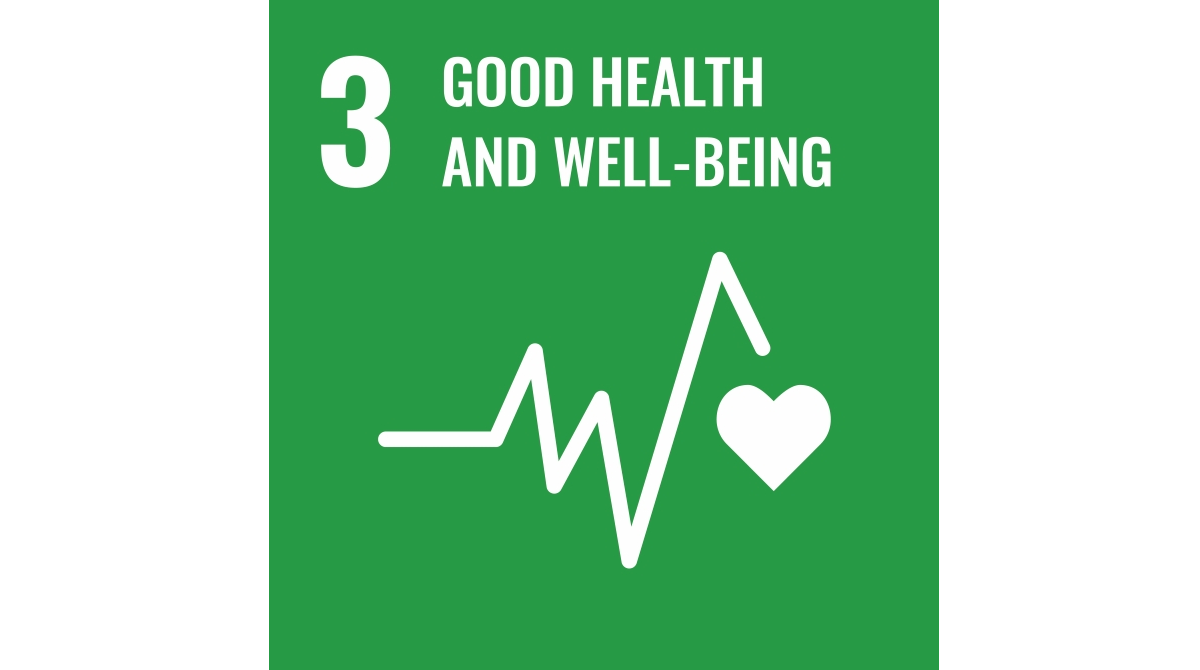Towards a more sustainable social and health care system through the EKO-SOTE project
Alongside tackling other topical challenges, the new wellbeing services counties are expected to integrate ecological sustainability into their operations. In order to facilitate the process, the EKO-SOTE project (Objectives and control mechanisms of ecologically sustainable social and health care) coordinated by Tampere University was initiated in the spring of 2022. Its primary aim is to formulate national ecologically sustainable goals for social and health care, and to propose monitoring and control mechanisms to support the implementation of the relevant goals within the wellbeing services counties. The project will last until August 2023.
The EKO-SOTE project will calculate the carbon dioxide emissions of social and health care, determine the current state of ecologically sustainable social and health care in Finland, and explore international control mechanisms for ecologically sustainable social and health care as well as their efficacy. This information is used to determine the types of nationwide monitoring and control mechanisms that can be used to steer ecologically sustainable social and health care in Finland.
The EKO-SOTE also contributes to the following SDGs: 6, 7, 12, 13, 14, 15.
Read more about EKO-SOTE (in Finnish).
A study on nature-oriented interventions as a form a rehabilitation for depression patients
The impacts of forests and nature on a person’s physical and mental well-being have been demonstrated in numerous studies. Researchers of the universities of Tampere and Jyväskylä are looking into whether or not time spent and guided activities in nature could help the rehabilitation of depression patients. Over the course of 12 weeks, participants in Tampere, Jyväskylä and Hämeenlinna made 90-minute visits to parks and urban forests in groups completing guided tasks that involve identifying favourite locations, practising presence and supporting a connection to nature through group discussions, for example.
The effects that nature has on well-being were utilised in the research in a goal-oriented manner as part of rehabilitation and guidance. The guidance included supporting a feeling of safety among the participants and helping them recognise the health effects of nature. The study was funded by Kela, and it was conducted in 2019–2021.
The Rescue project improves society’s ability to cope with crises
Real Estate and Sustainable Crisis Management in Urban Environments (Rescue) is a multidisciplinary research project that is funded by the Academy of Finland and runs from 2020 to 2023. The project promotes the dynamic resilience and crisis preparedness of societies by examining the role of real estate in responding to predictable and unexpected crises both nationally and internationally.
The project, conducted by Aalto University in collaboration with Tampere University and the University of Turku, seeks to improve our understanding of how facilities, buildings and land use should be designed, used and managed to help various stakeholders respond to different types of crises, such as a pandemic, climate change, terrorism, fires and floods.
The Rescue project also contributes to the following SDGs: 9, 11.
Read more about the Rescue project.
Rethinking dialogue in social services and health care to improve leadership, well-being and productivity
The SoteDialogit project was launched to develop expertise, enhance quality, customer orientation and customer safety, support employees’ well-being and work capability and promote organisational renewal and professional development in partner organisations in the social services and health care sector.
The project is a collaborative effort involving the Work Research Centre in the Faculty of Social Sciences at Tampere University, the University of Eastern Finland, Seinäjoki University of Applied Sciences and Lapland University of Applied Sciences. The project is funded by the European Social Fund (ESF).
The SoteDialogit project also contributes to the following SDGs: 8.
Read more about the SoteDialogit project.
Projects develops ground rules for marketing food to children
The EPELI project conducted between 2020 and 2021 explored the marketing of unhealthy foods to children. The project looked into the marketing of food to children and young people and the criteria for defining unhealthy food and proposed ways to protect children and young people from unhealthy food marketing.
The project brought together researchers specialising in nutrition, marketing, consumer research and the law. The project involved researchers from the University of Helsinki, Tampere University and the Finnish Environment Institute (SYKE).
The research was funded by the Finnish Prime Minister’s Office.
The EPELI project also contributes to the following SDGs: 11, 12.
Read more about the EPELI project (in Finnish).
Microbiological service research supports circular economy
The Environmental Health Research Group conducts research in the field of microbiology. Due to climate change and global population increase, the most critical shortages of raw materials are estimated to pertain to clean water and nutrient-rich farmland. Climate change will exacerbate extreme weather phenomena, thereby increasing the challenges related to the safety of drinking water. In most parts of the world, there is already a severe lack of clean water. Infections caused by bacteria, viruses, protozoa and parasitic worms are the most common and wide-spread global health risks related to drinking water. Advanced microbiological analytics can be leveraged to prepare for natural and man-made epidemics.
The microbiological service research also contributes to the following SDGs: 6, 13, 15.

